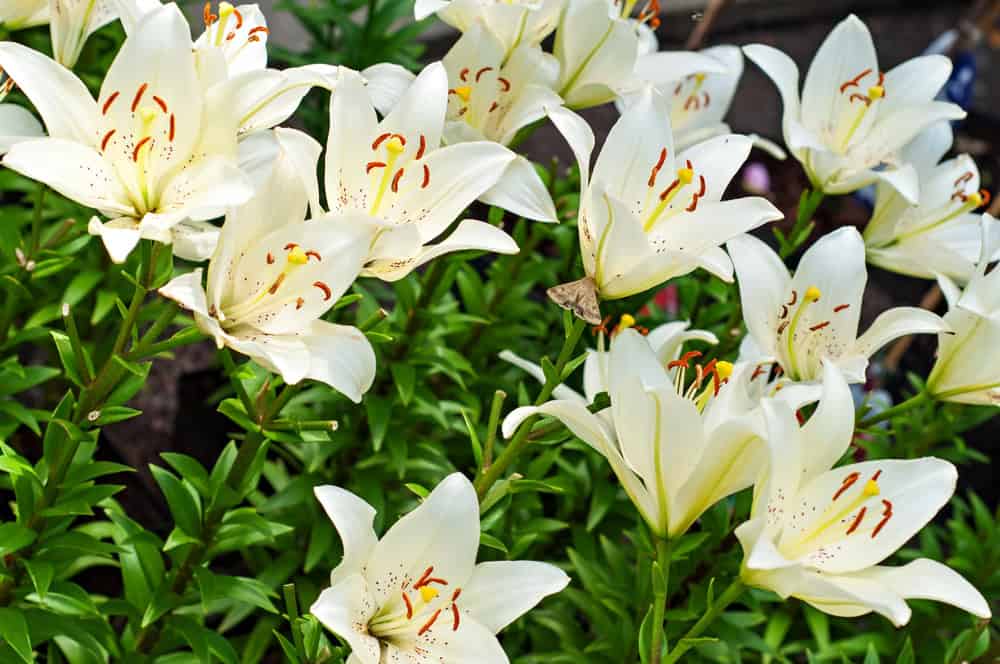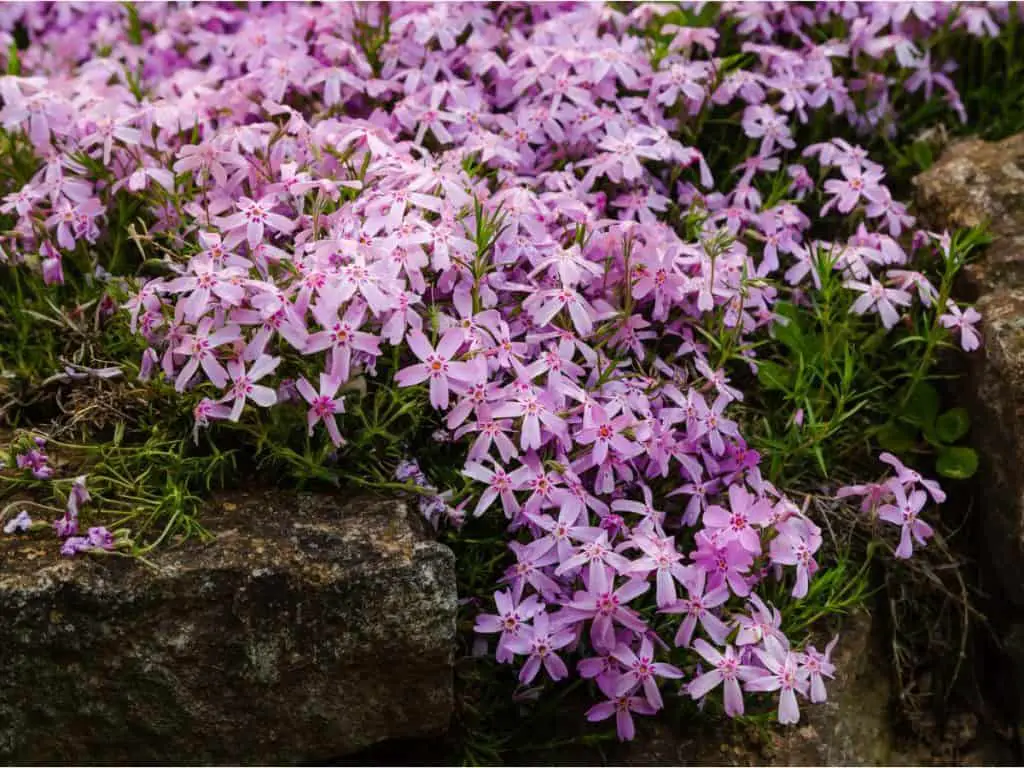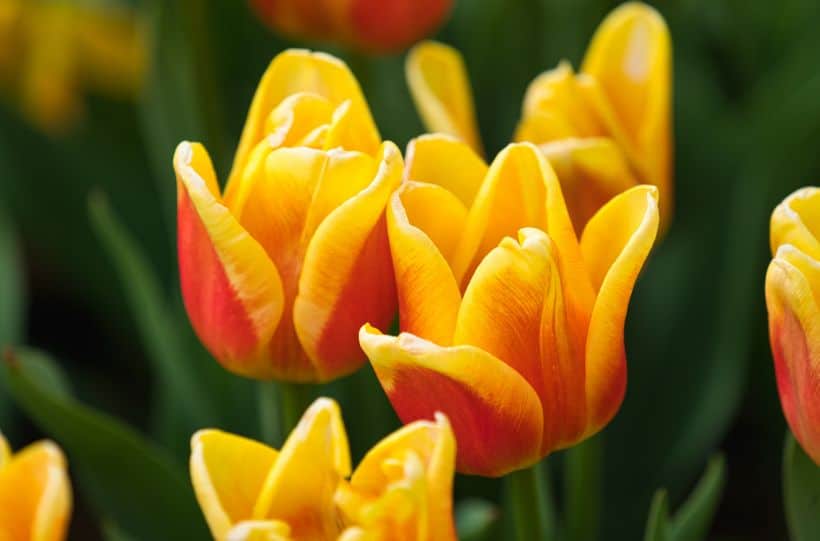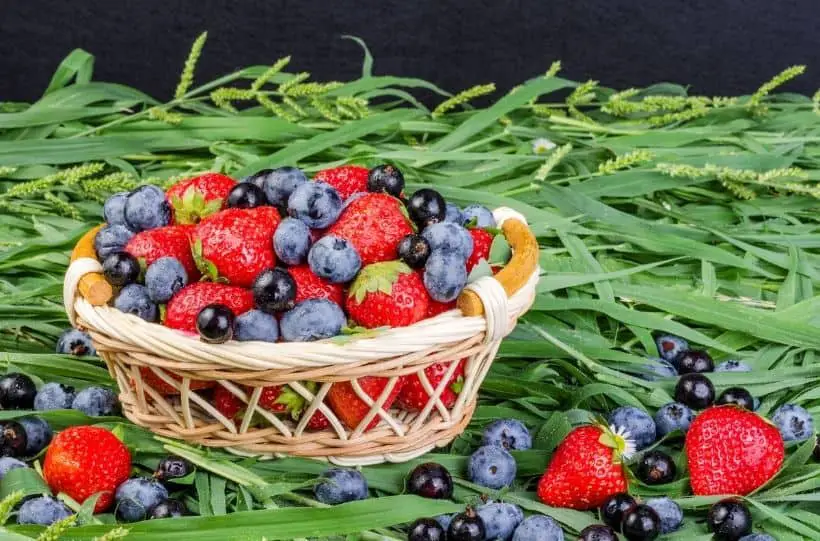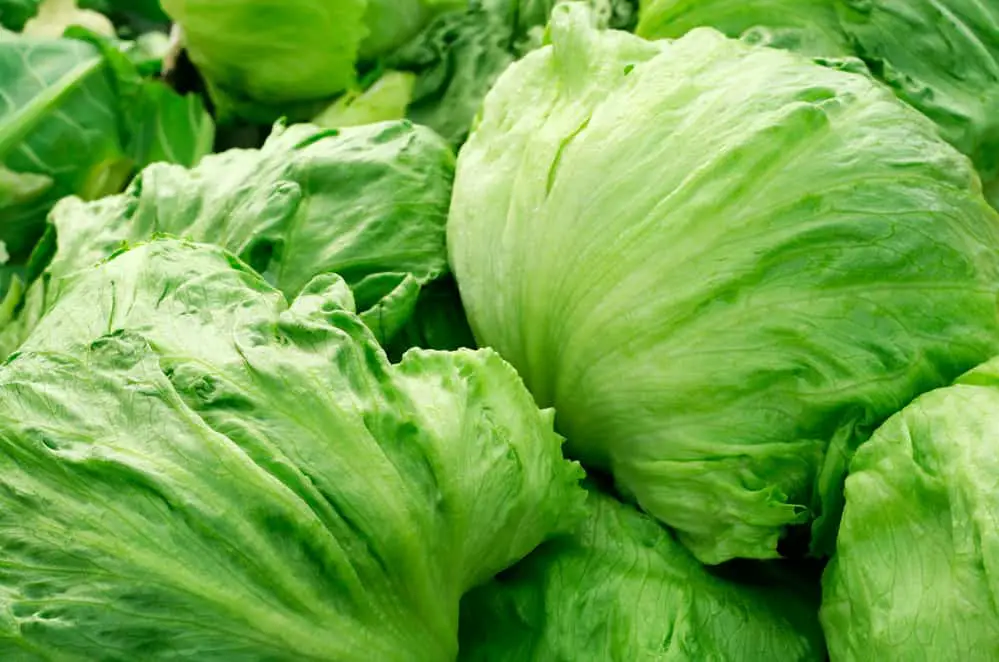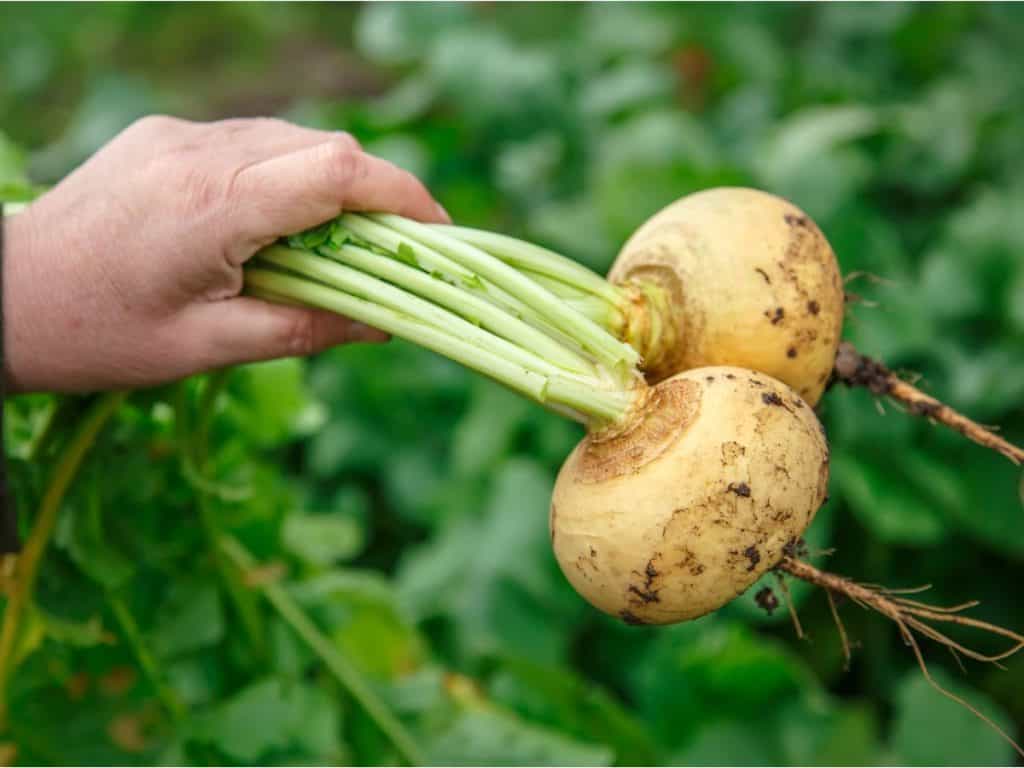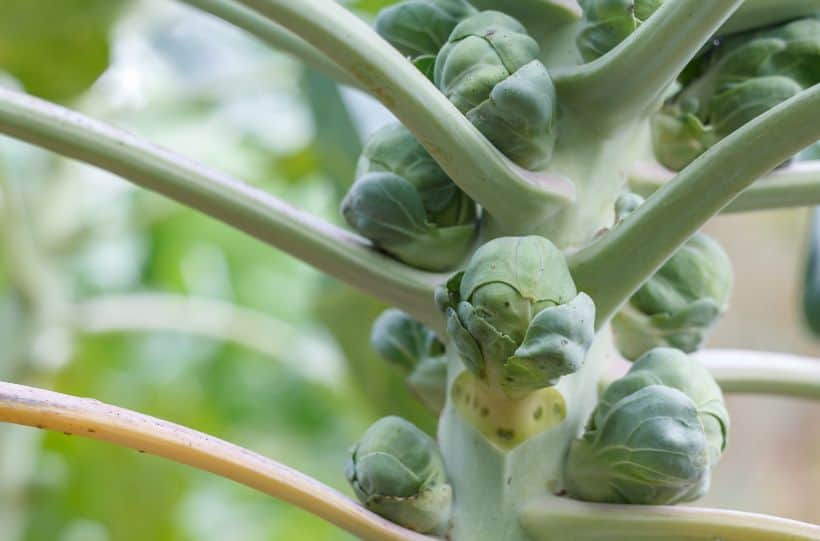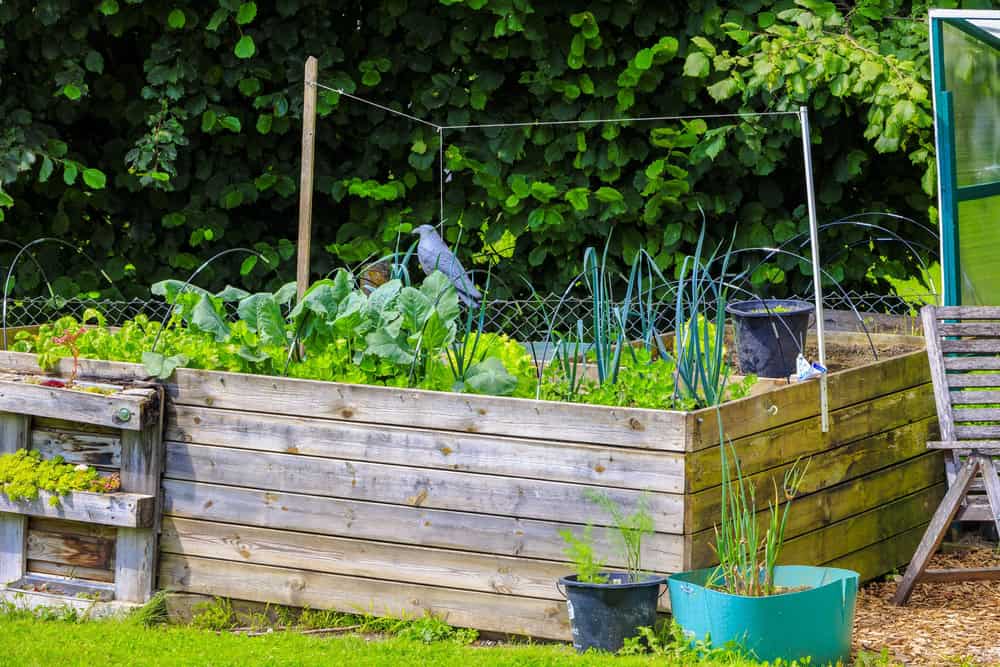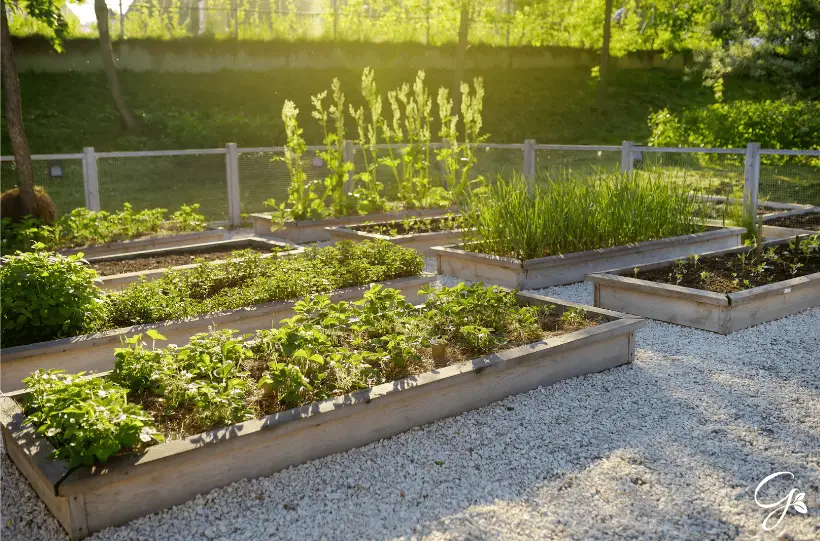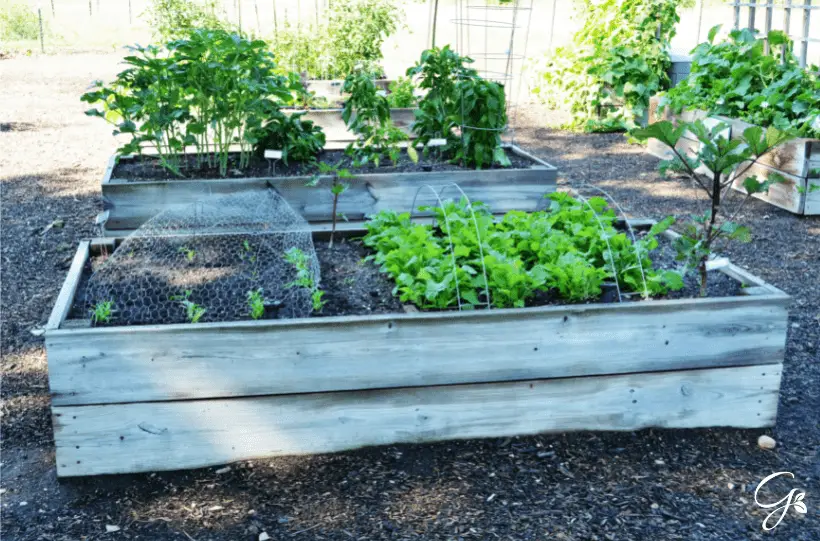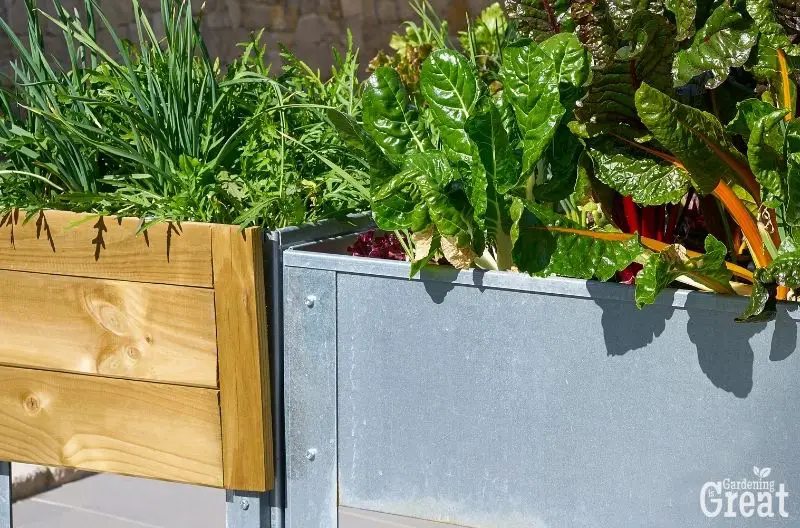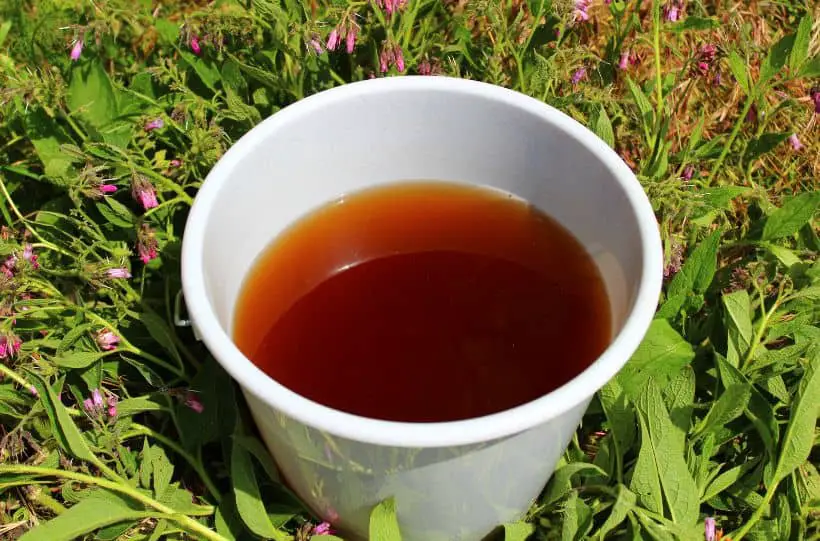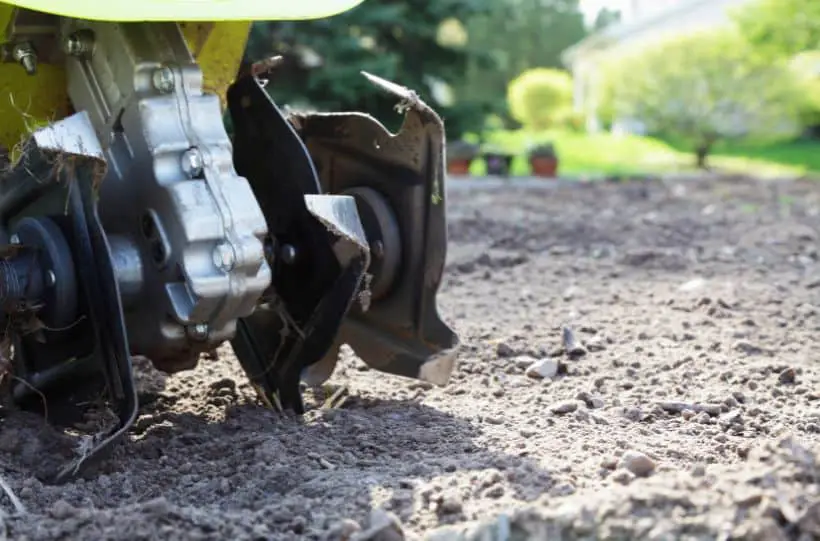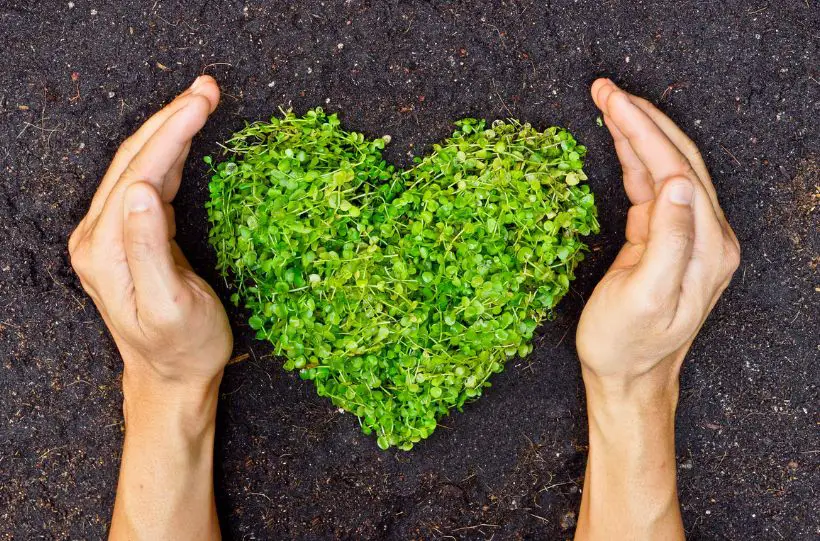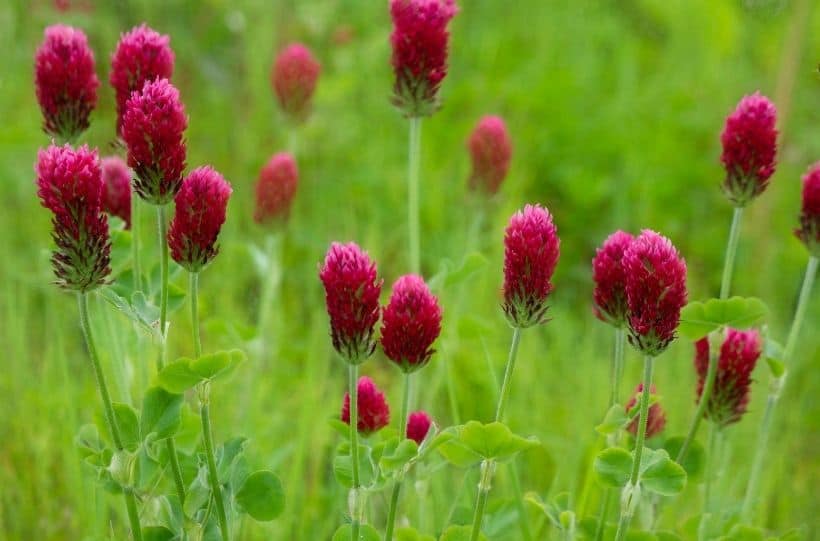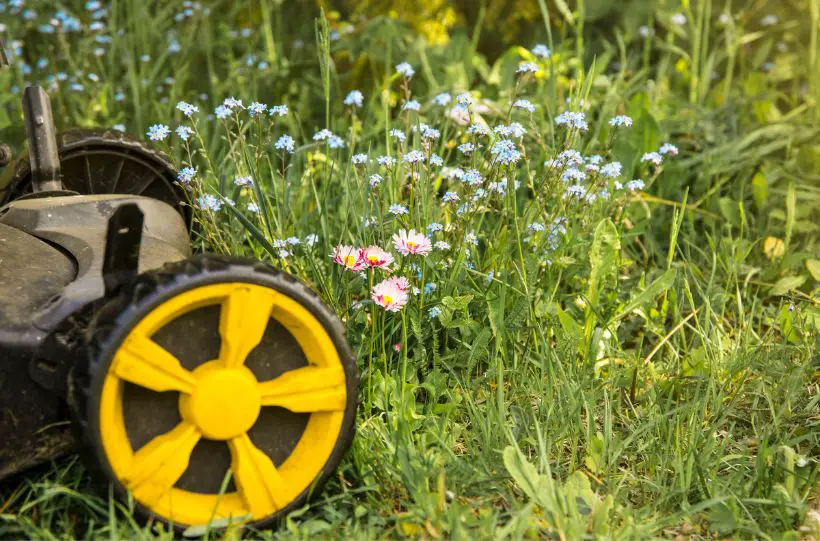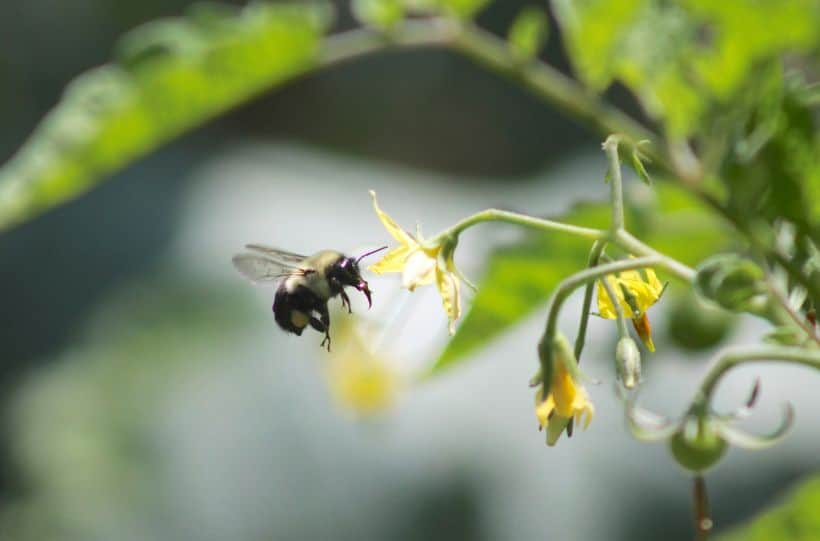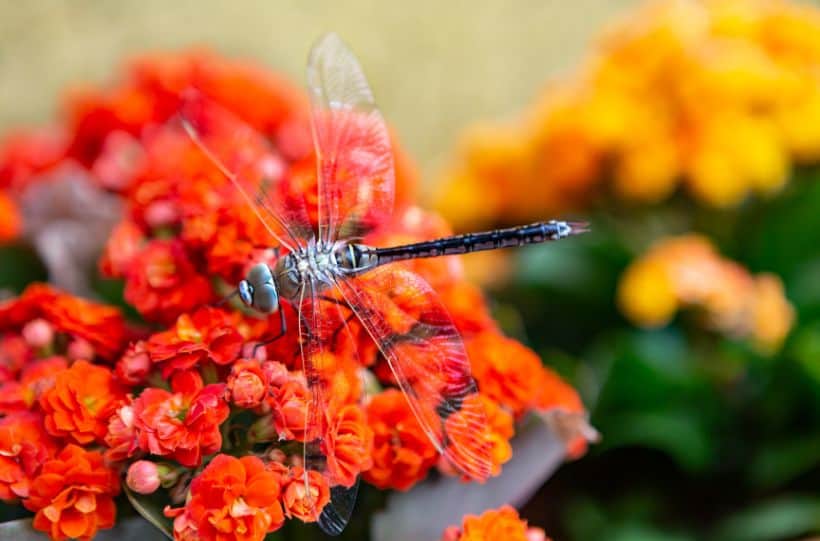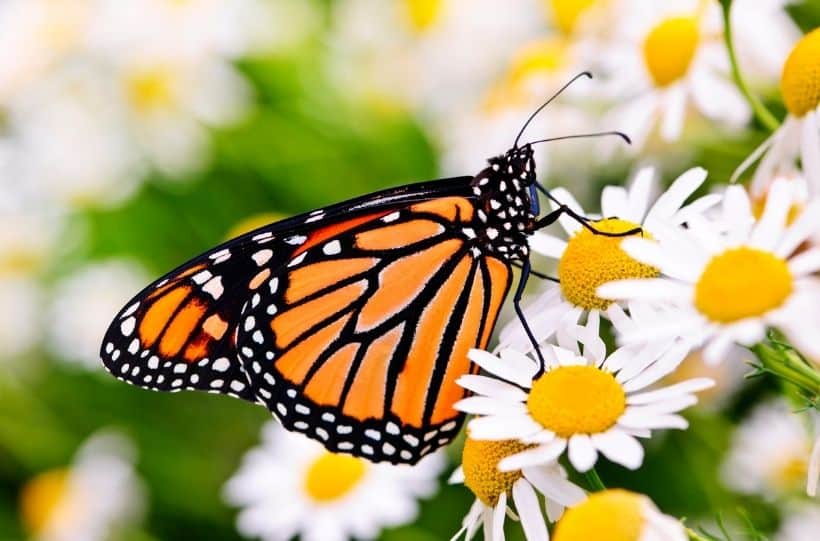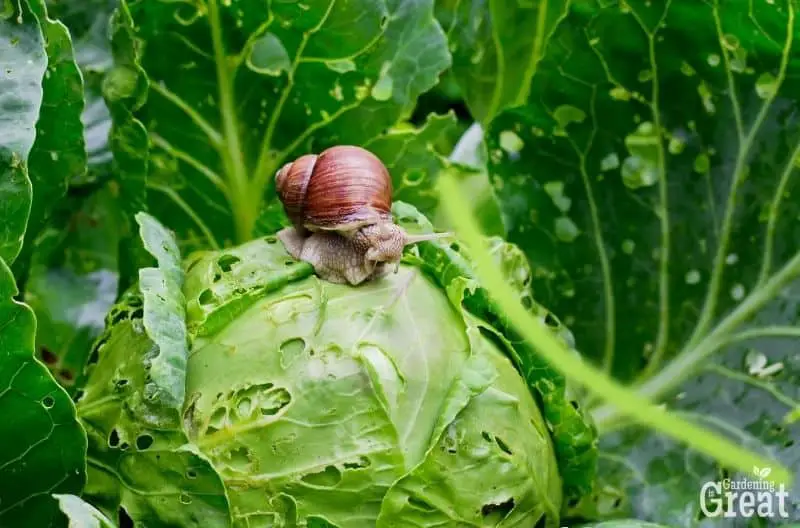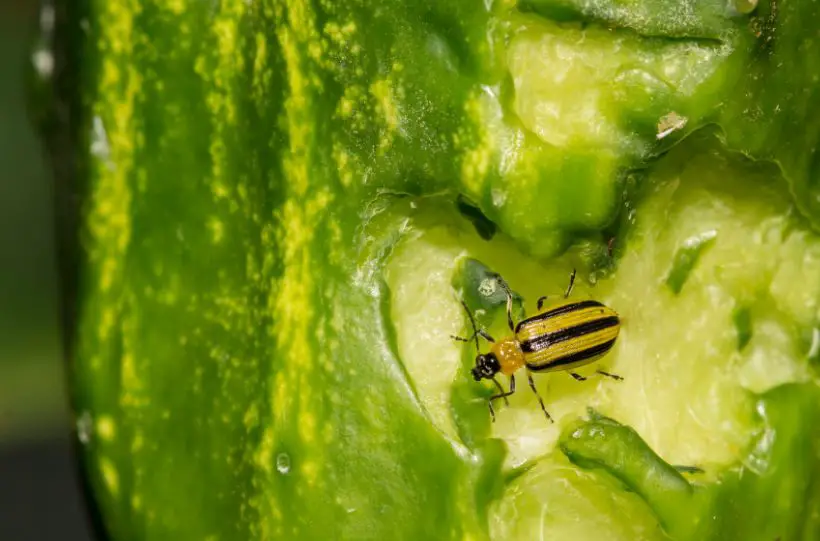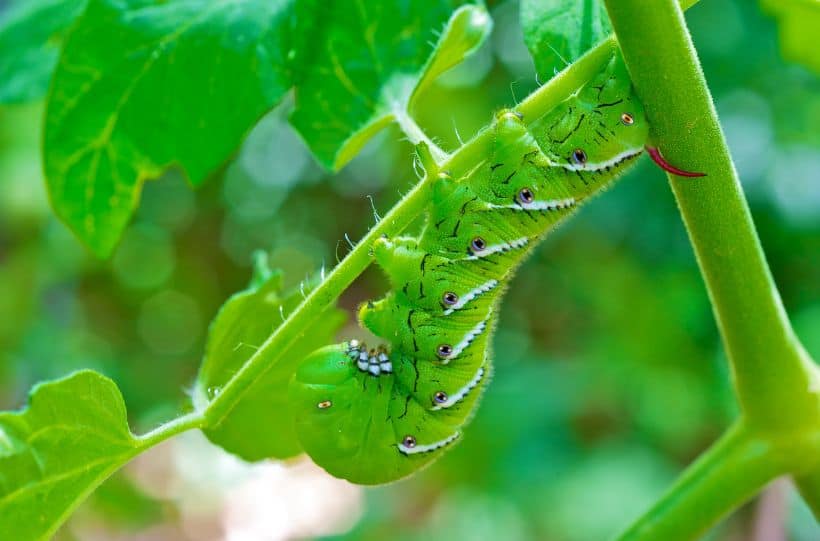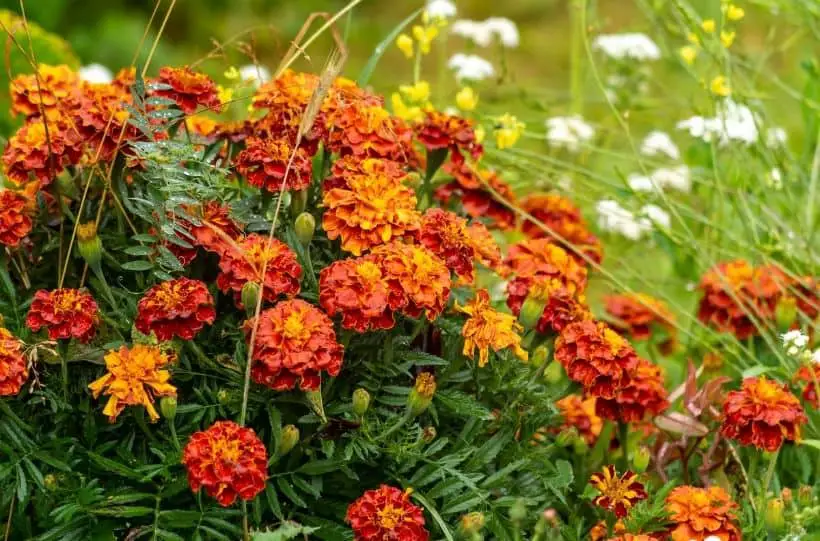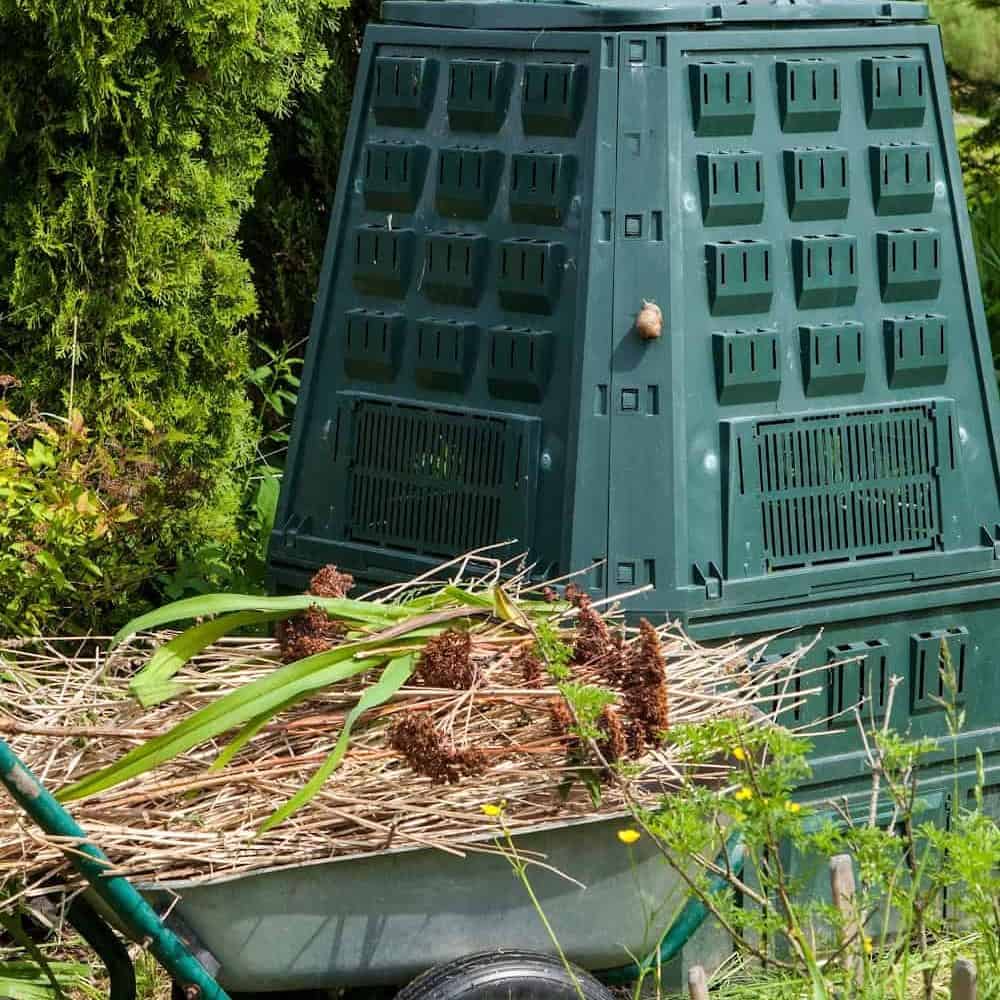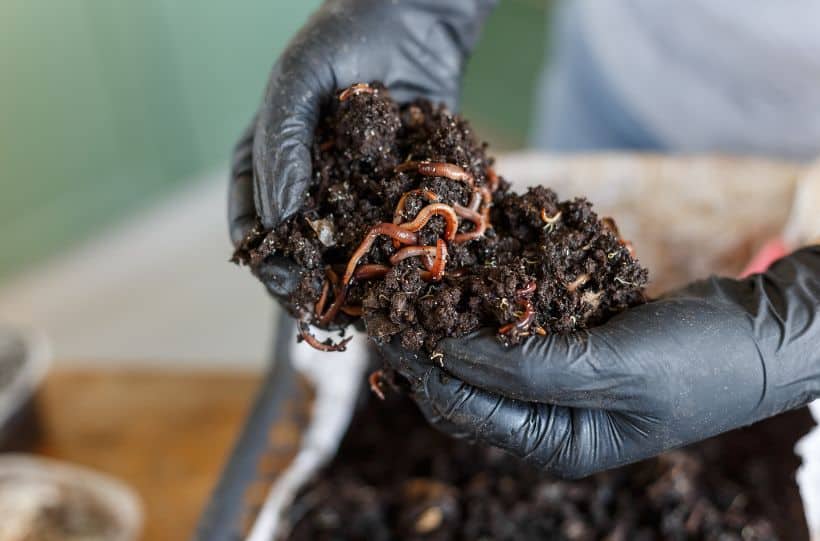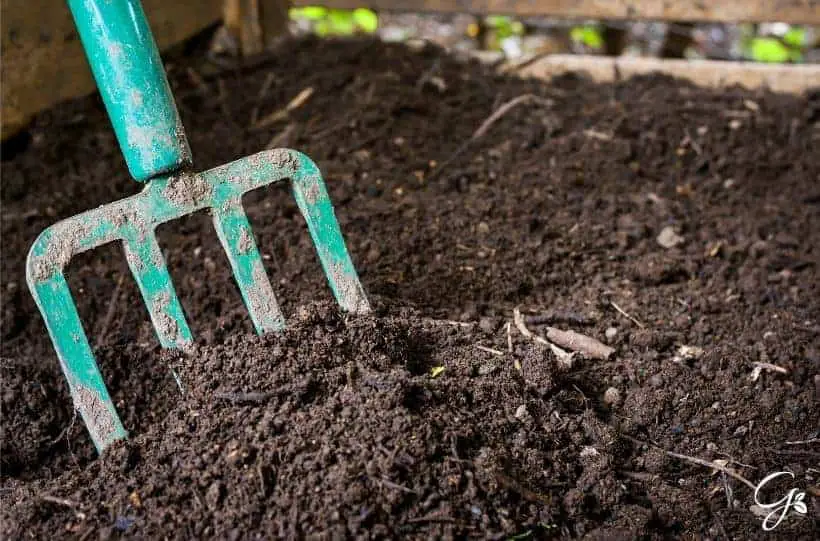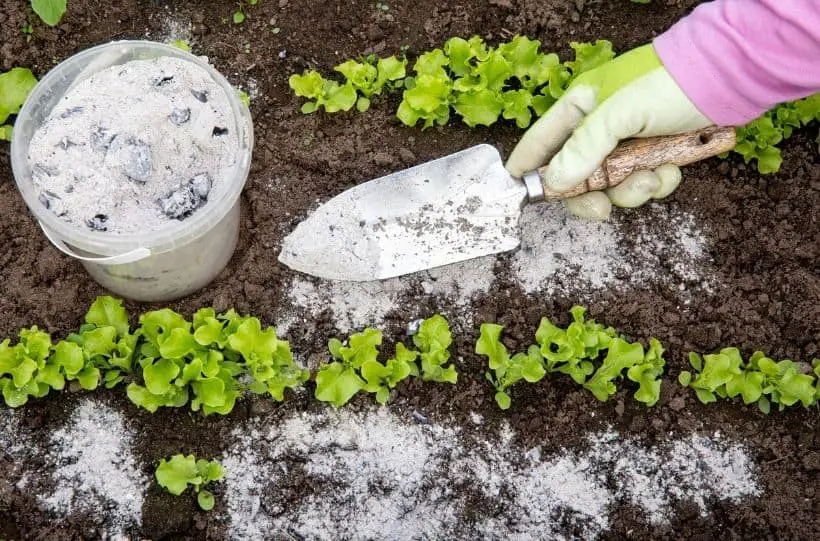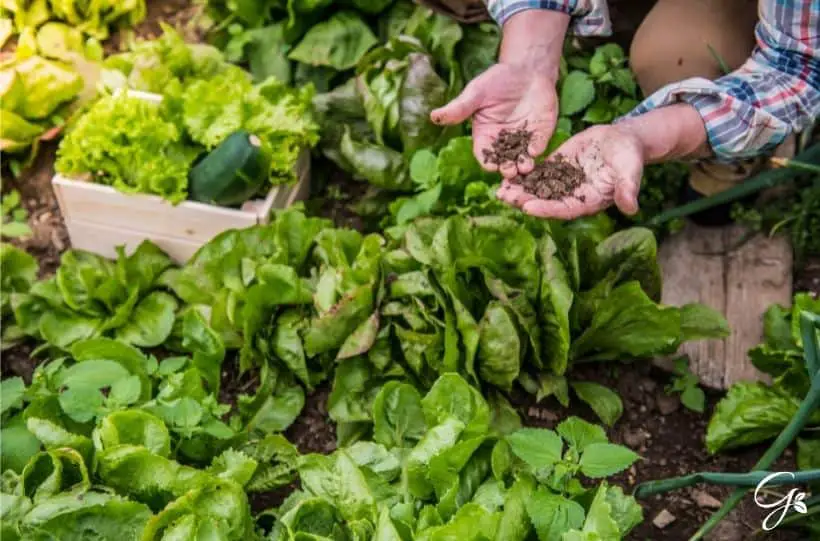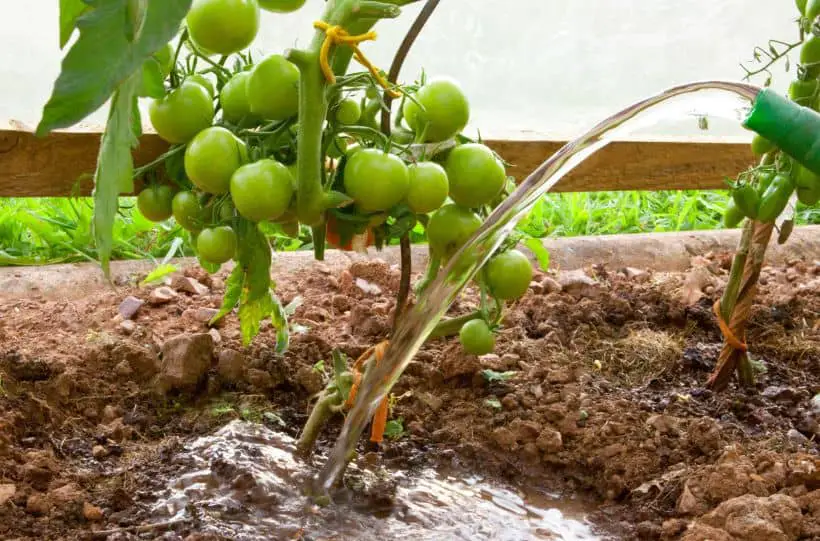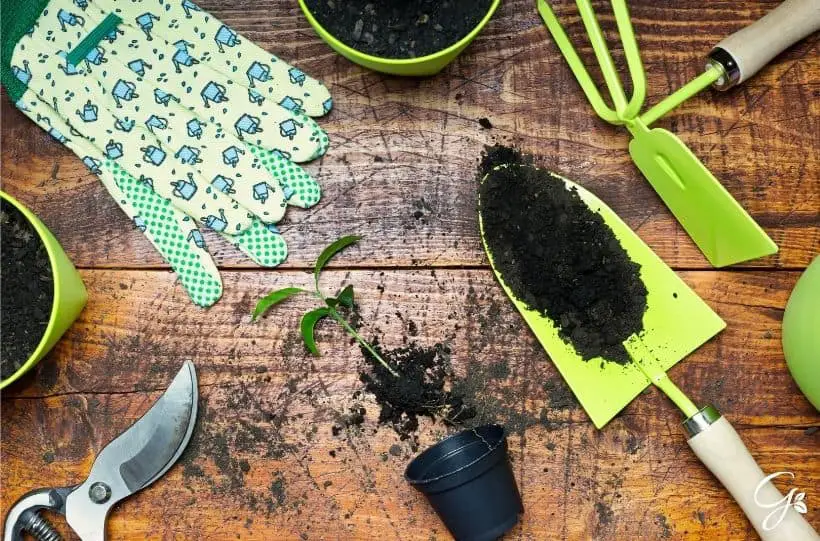Learn how to grow plants, herbs, fruits, and vegetables in the most efficient ways so that your garden will thrive.
Having a plan of what you want to grow is a great start. If you are a beginner, we recommend starting with a simple garden and then branching out from there.
If you have a friend who gardens ask them about their most common plants and maybe include them in your own plan.
Some of the easiest plants to start from seeds are cucumbers, zinnias, cosmos, sunflowers, lettuce, radishes, beans, peas, and pumpkins. Think about including herbs, vegetables, and flowers in your plan, and have fun with the process!
Most importantly, have fun! Wherever you are or whatever it is that you are growing, enjoy the process of turning a space into something beautiful!
Starting a garden can be a daunting task, but it is also an immensely rewarding one.
There are many things to consider before you start, such as what type of garden you want, what plants to include, and how much time you want to devote to it.
But with a little planning and some basic knowledge, anyone can have a thriving garden.
Planting
We recommend that you have completed the following before getting started:
- Know and understand your planting zone.
- You’ve planned out your garden space and design.
- You’ve chosen which plants you want to grow.
If you checked all of these off your list, then it’s time to get started!
One of the most useful things to keep in mind when planting a garden for beginners is;
A vegetable garden that includes herbs, flowers, shrubs, and trees will be both sustainable and productive. So with that in mind, we strongly suggest including flowers and herbs with beneficial effects such as attracting pollinators or repelling pests.
Growing
You’ll start to notice that your plants’ needs are changing as you enter the growth stage of your gardening adventure. This is generally when frustration sets in, but don’t worry! The fun has only just begun!
Your plants are growing, and while there is no one-size-fits-all approach to gardening, you’ll want to keep an eye on things like nutrient, light, and water deficiencies as well as pests.
Successful gardens require regular watering, fertilizer, and nurturing. When detected early, most plant health and pest concerns may usually be corrected, but knowing how to recognize them before they become a problem is essential.
Activities such as composting and mulching, for example, are activities that improve soil health by recycling nutrients back into the earth. They also help to moderate soil temperature and retain water within the soil.

